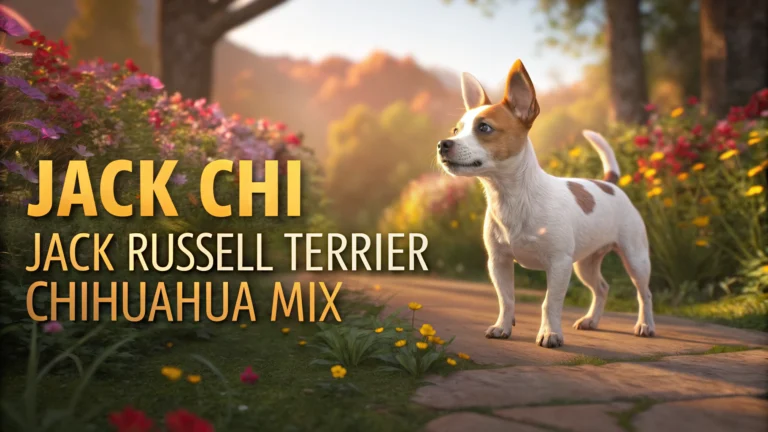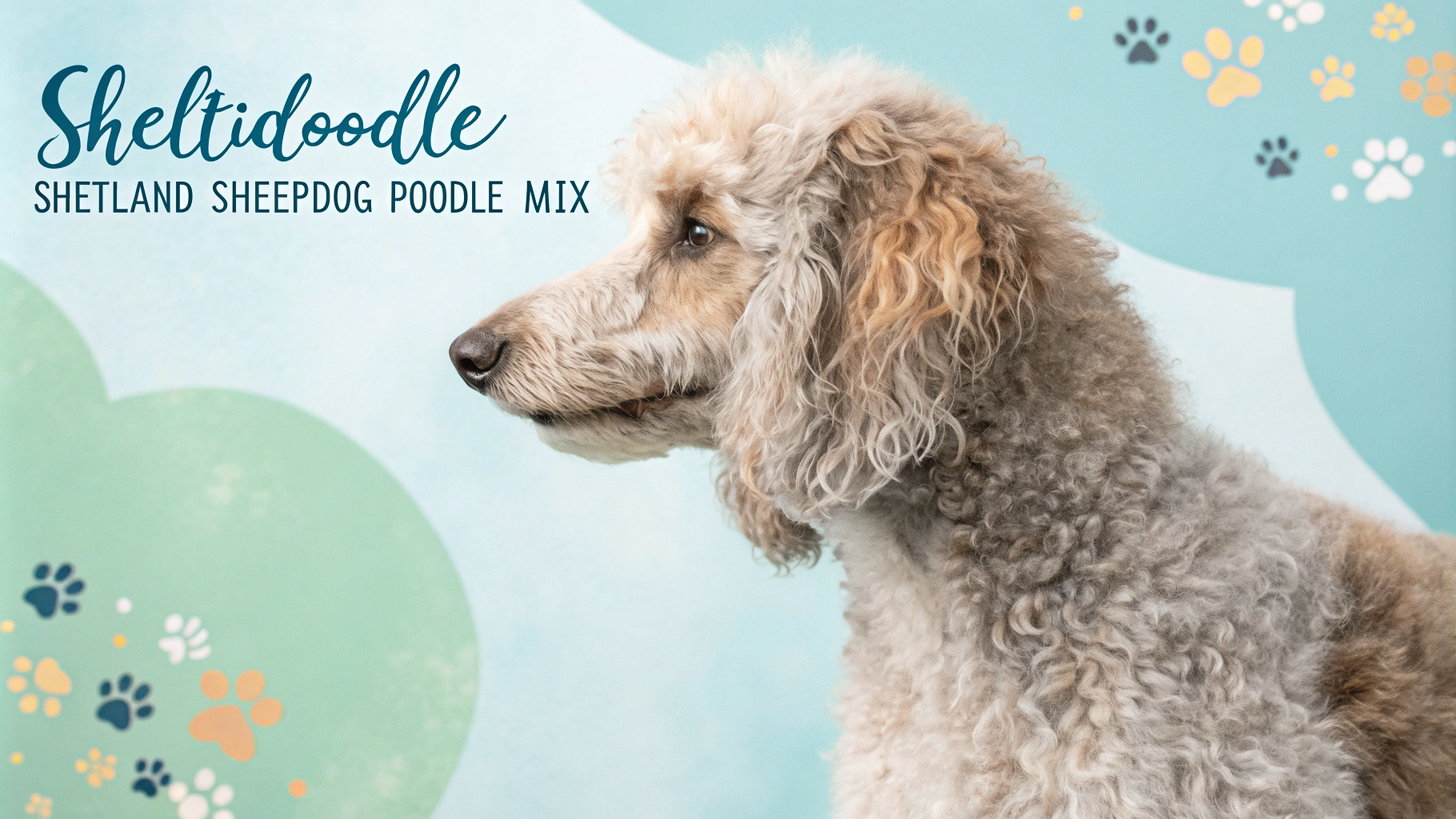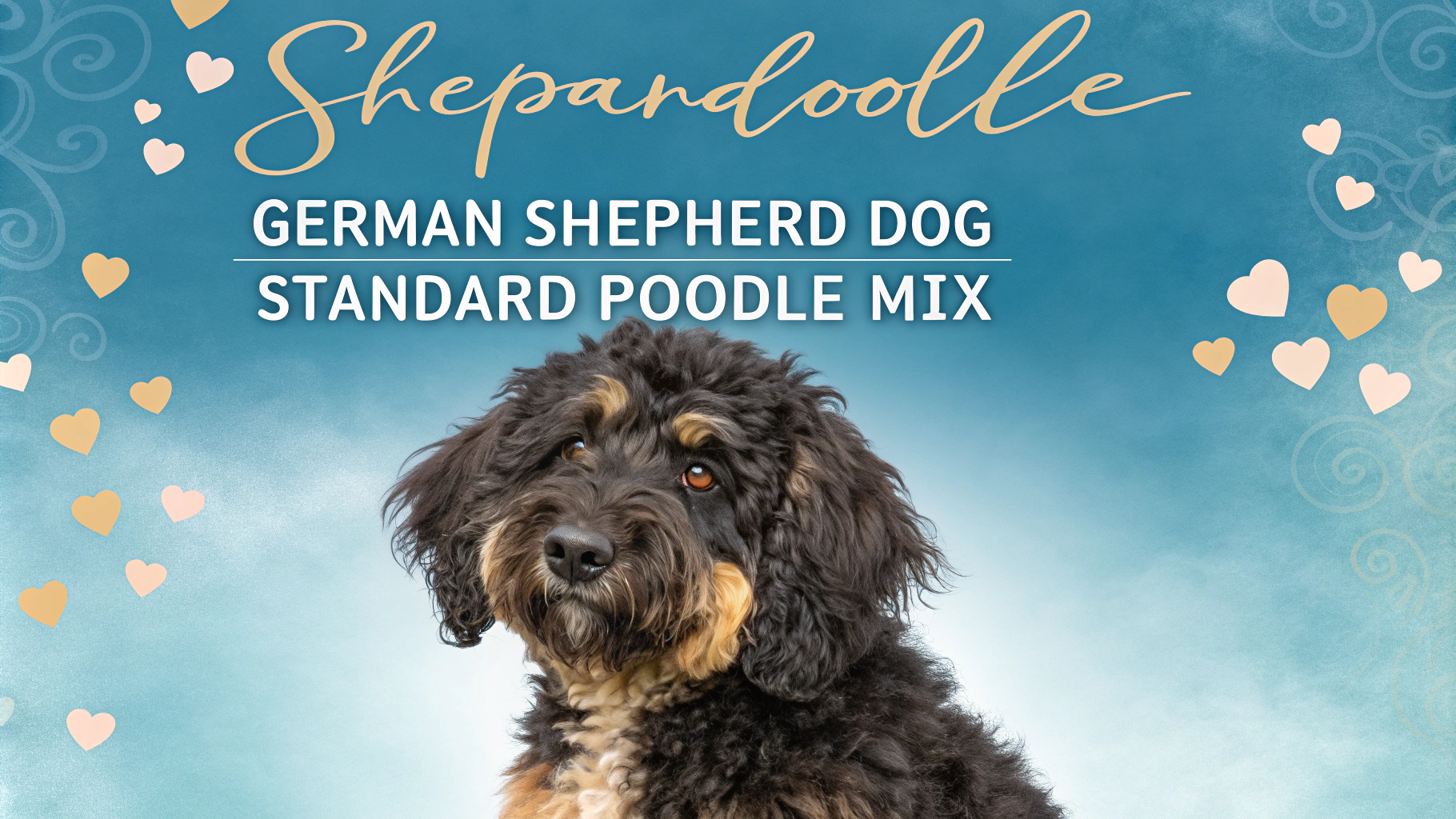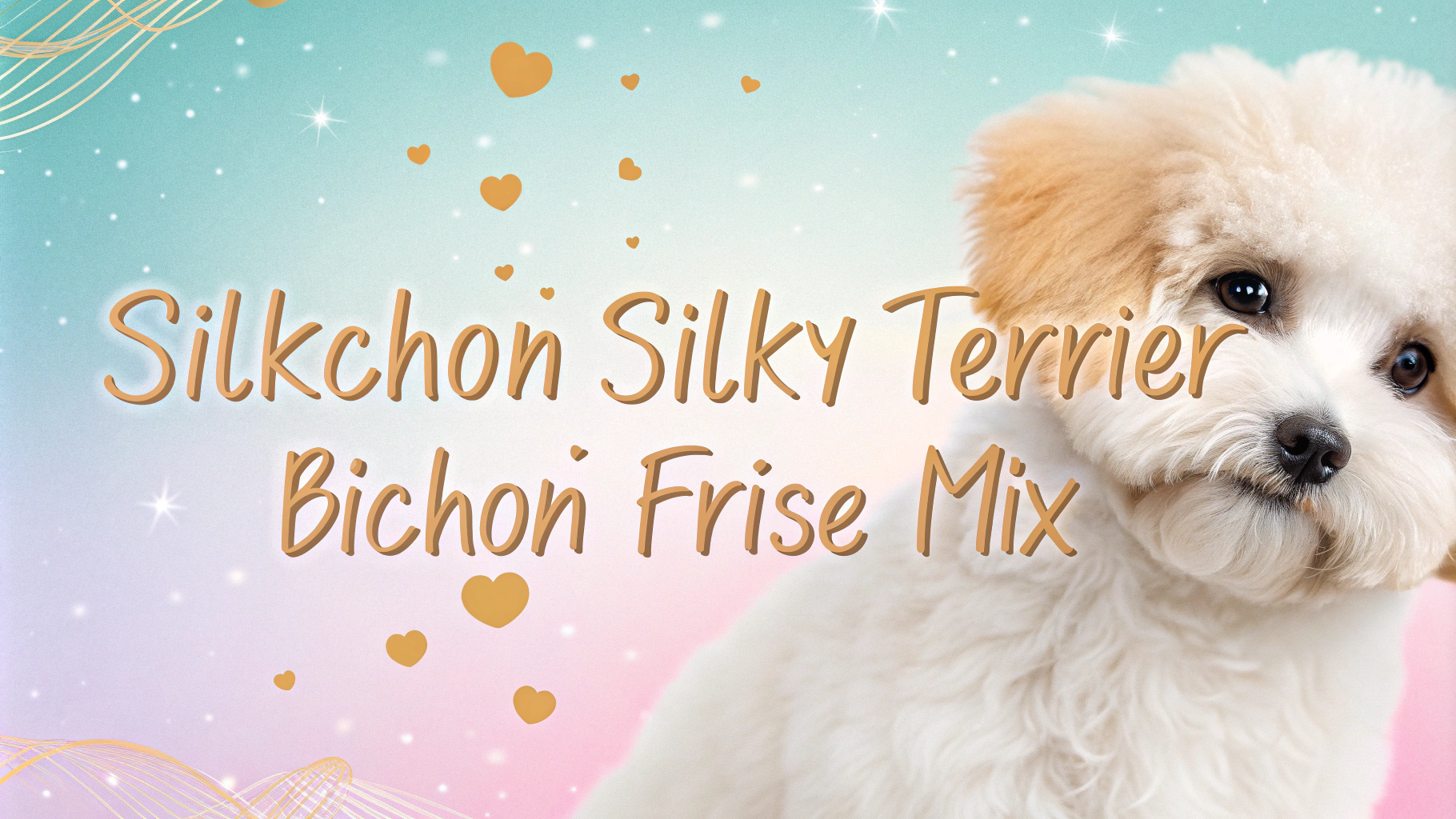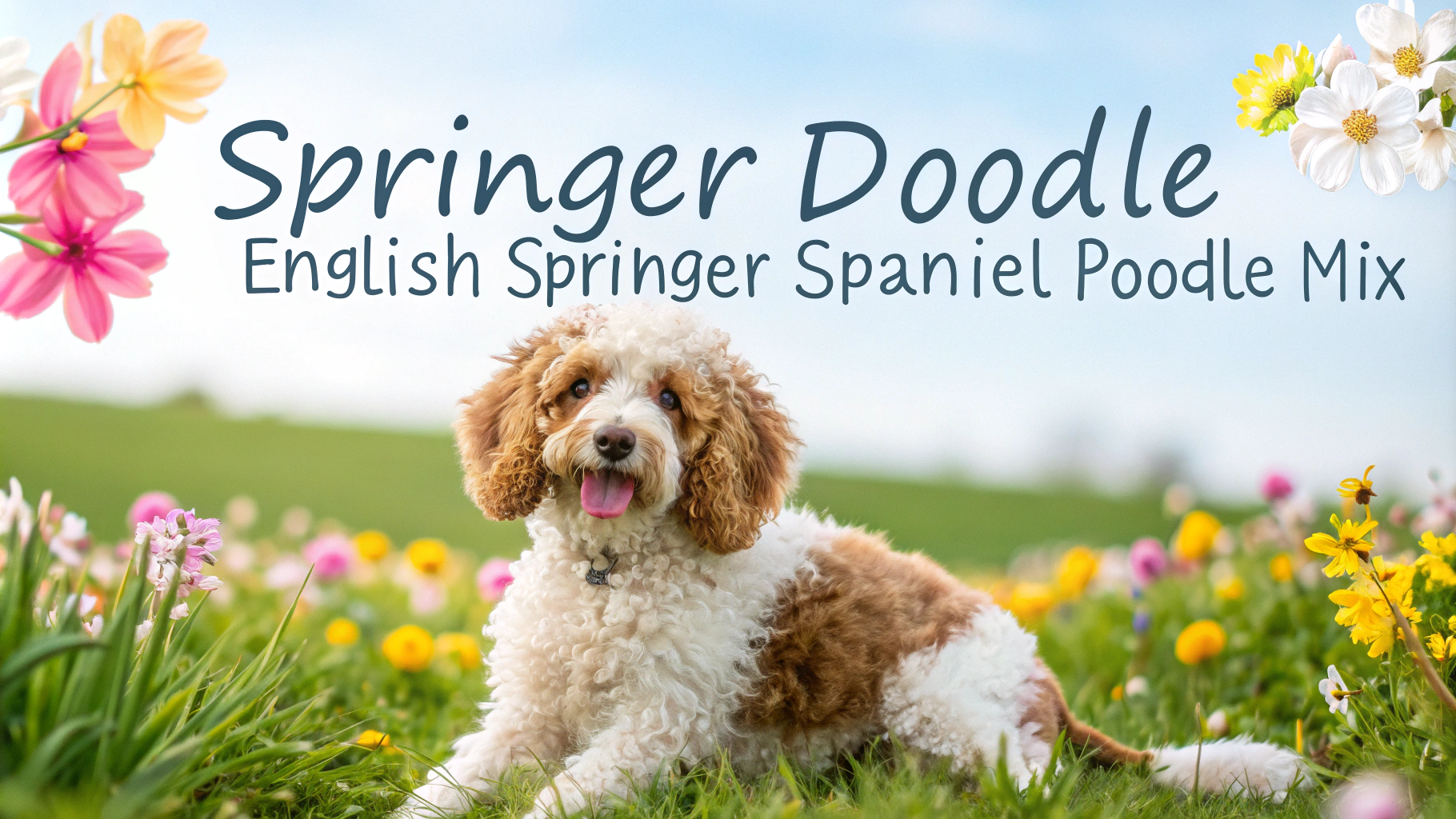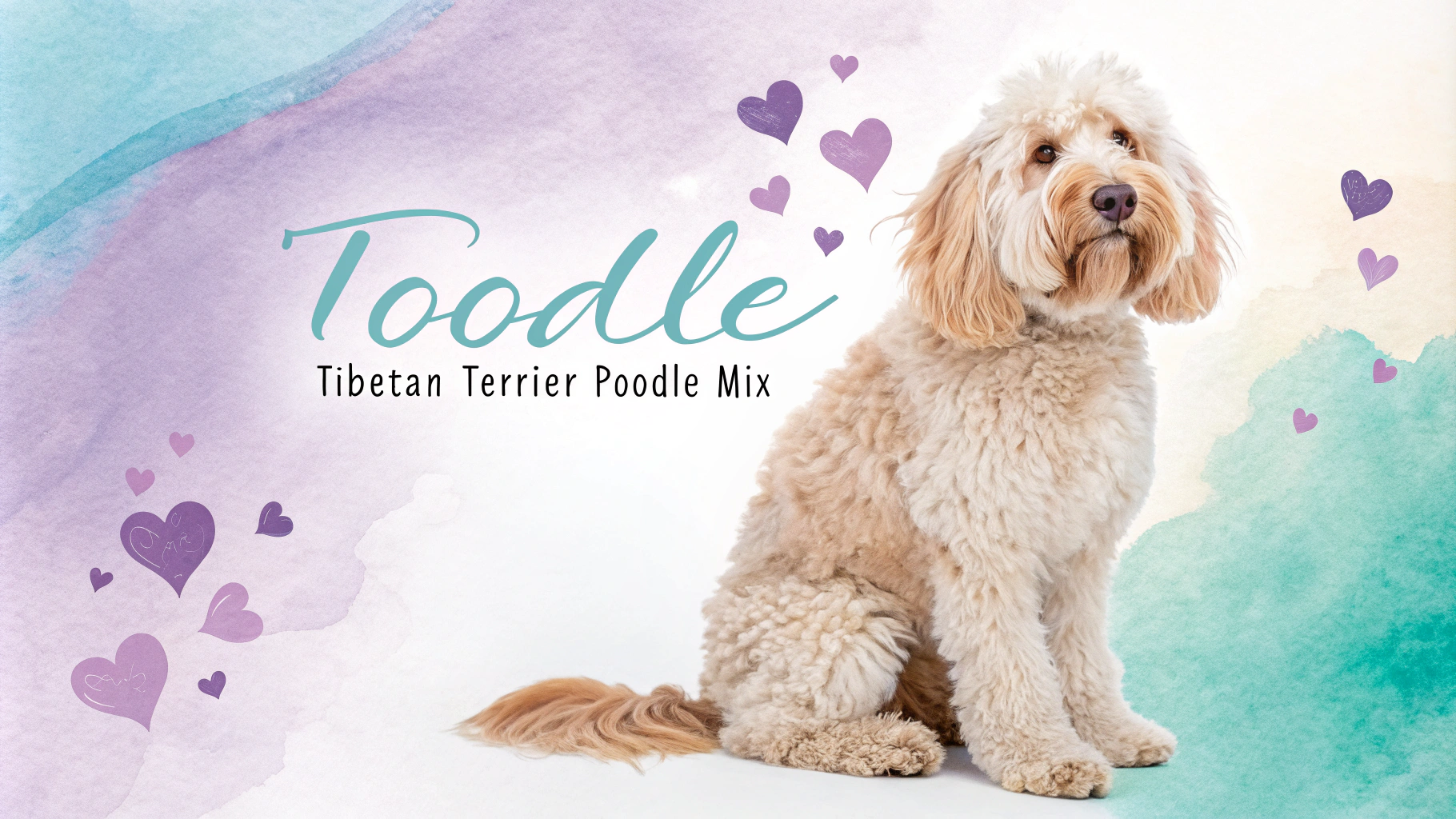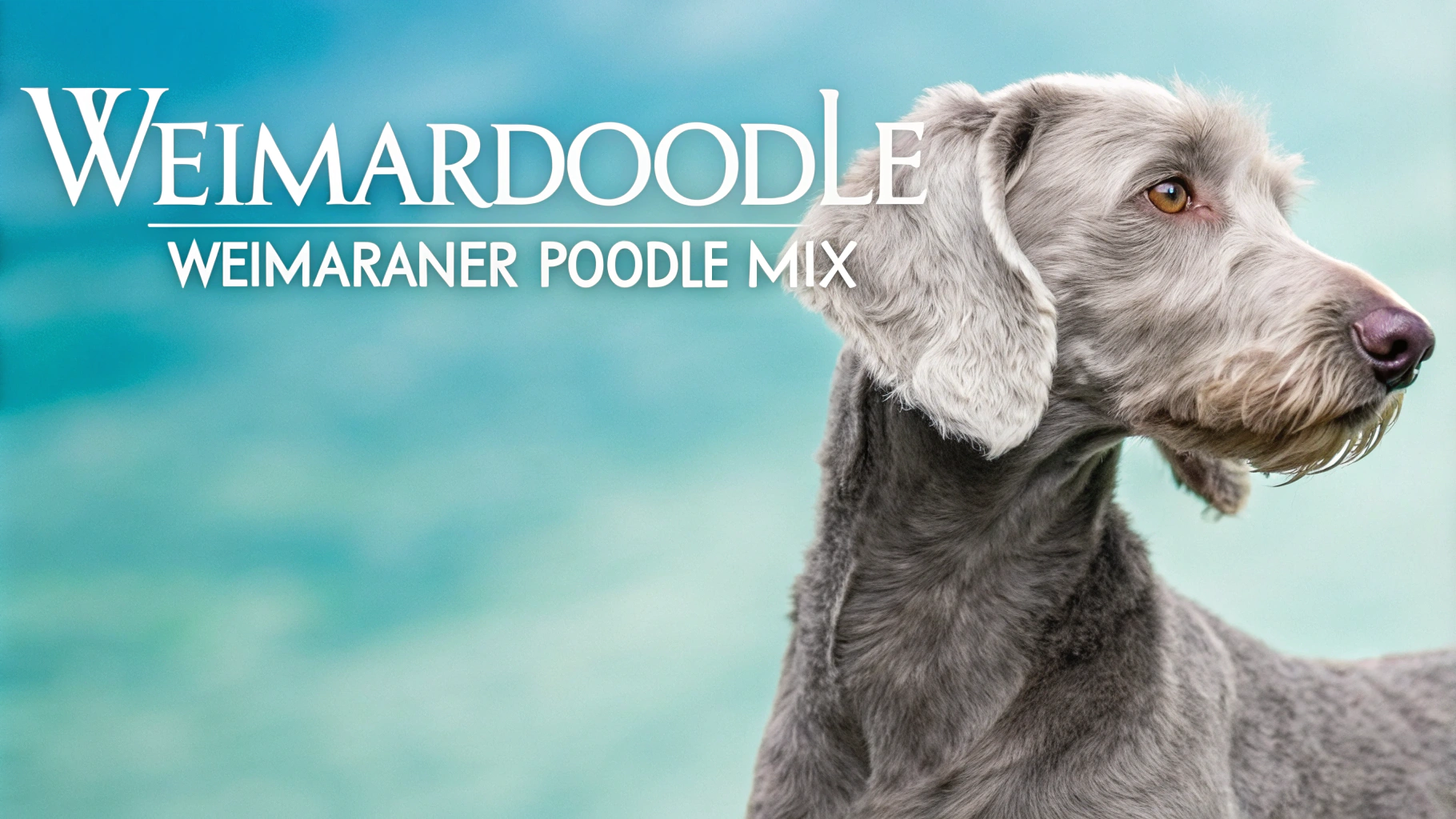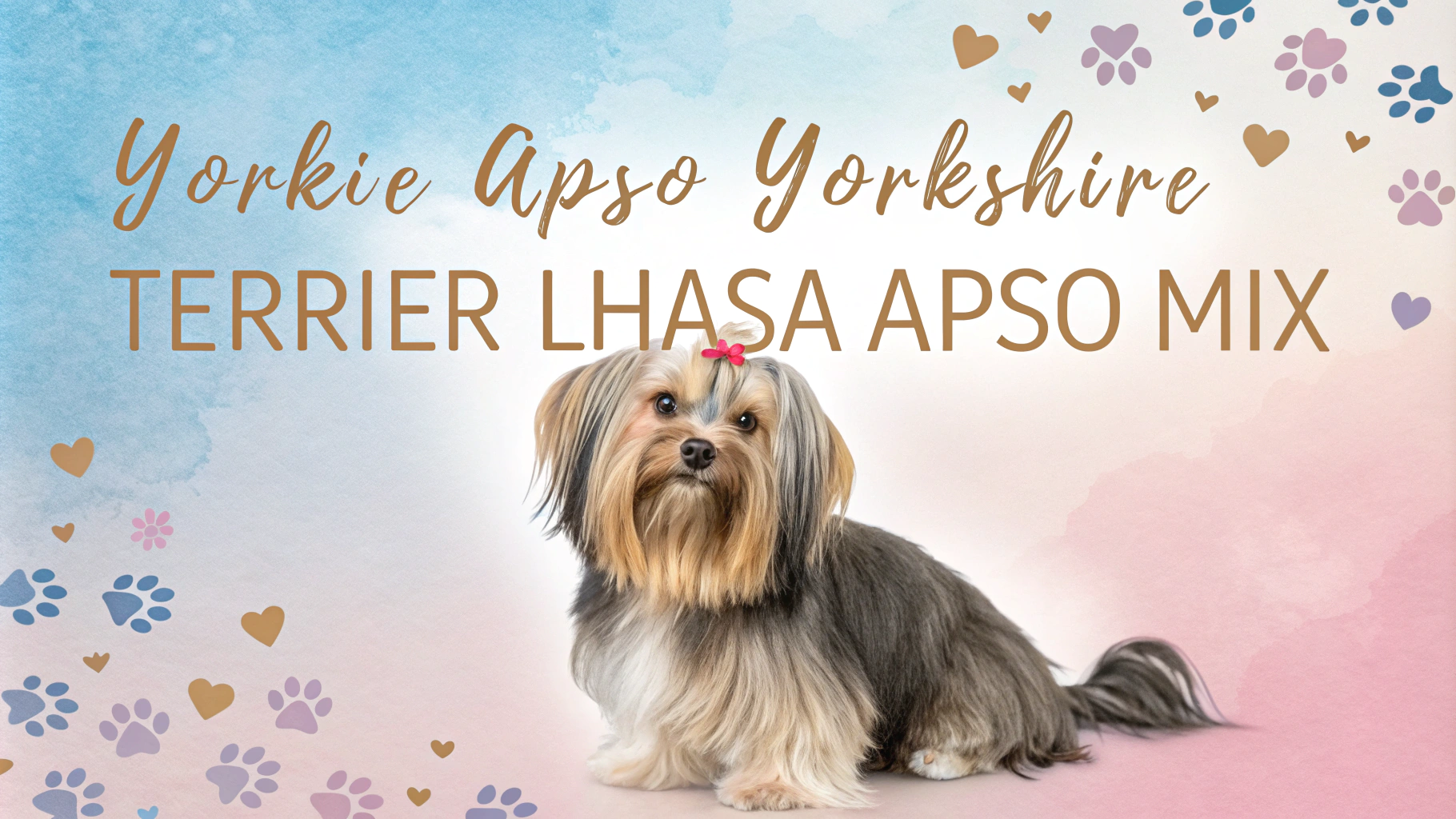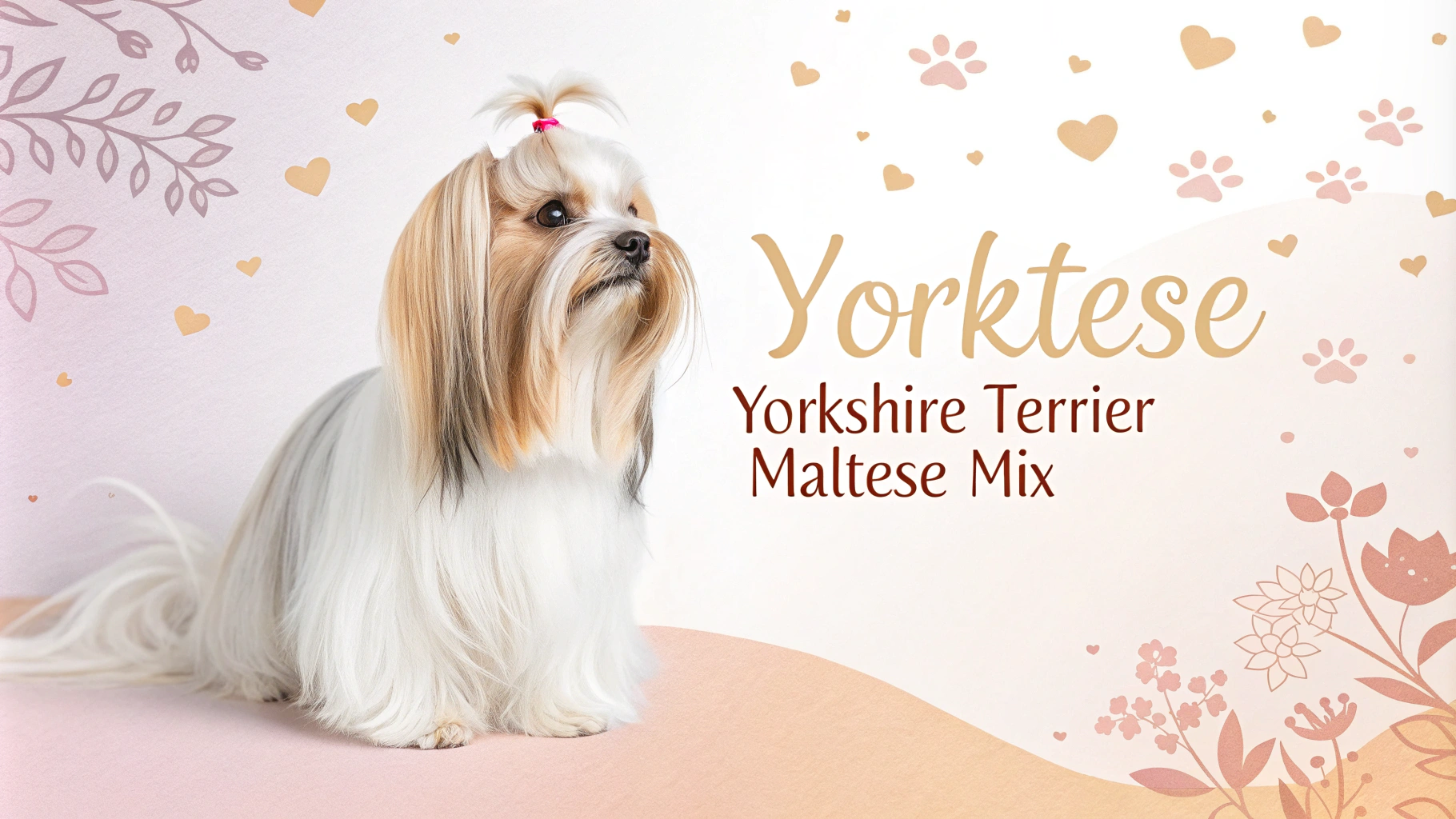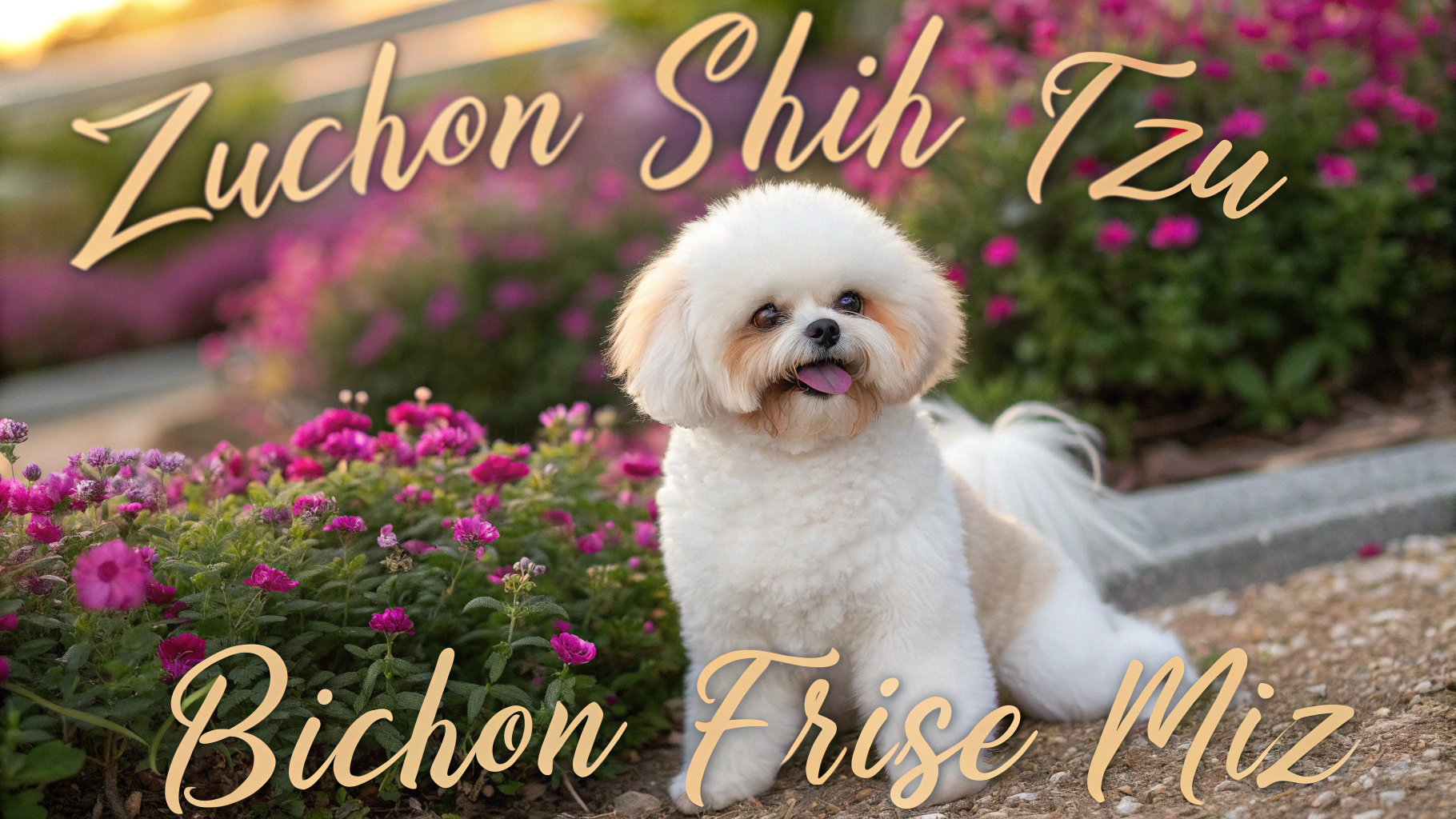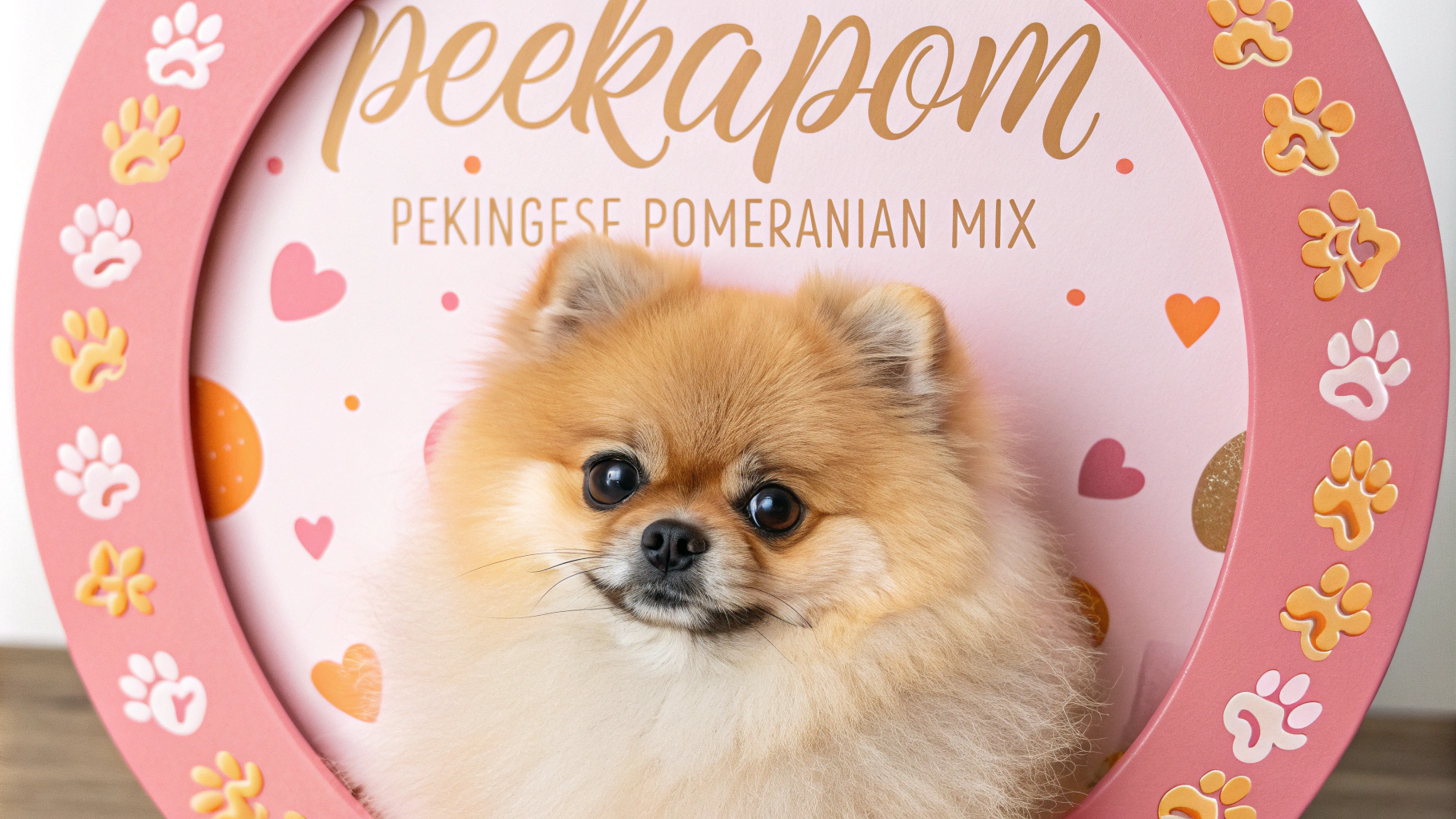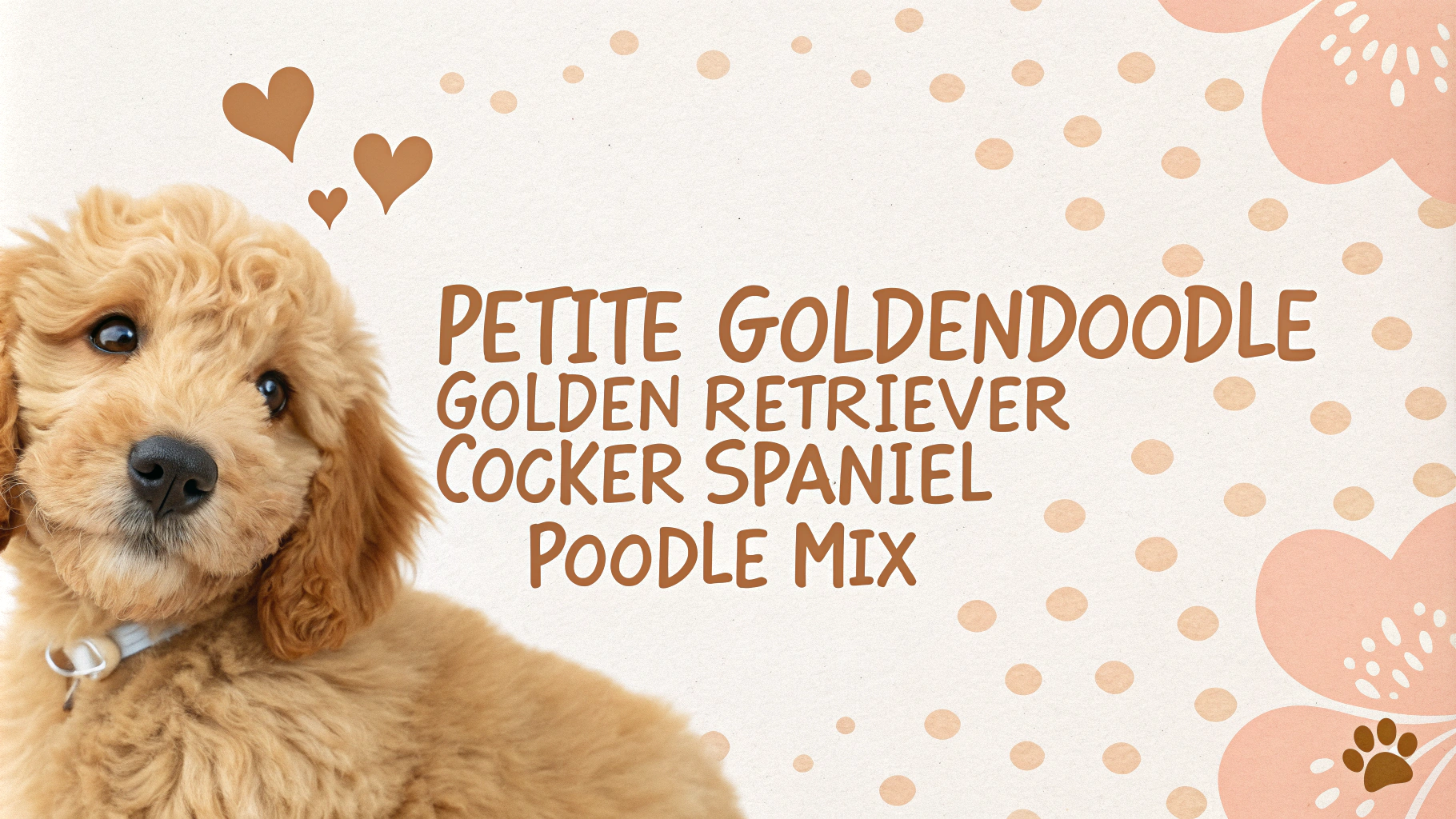The Jack Chi is a delightful mixed breed resulting from the combination of a Jack Russell Terrier and a Chihuahua. This small but spirited dog inherits traits from both parent breeds, creating a unique and energetic companion. Jack Chis are known for their lively personalities, intelligence, and loyal nature. While they can be excellent family pets, their small size and occasional feisty temperament mean they may not be suitable for households with very young children.
Key Facts
- Size: Small (8-18 inches tall)
- Weight: 8-18 pounds
- Lifespan: 13-18 years
- Coat: Short to medium length, can be smooth or slightly rough
- Colors: Various combinations including white, black, tan, and brown
- Temperament: Energetic, loyal, intelligent, and sometimes stubborn
- Exercise Needs: Moderate to high
- Grooming: Low to moderate
- Trainability: Moderate (can be challenging due to stubborn streak)
Character Traits
Jack Chis are known for their vivacious and spunky personalities, inheriting the best (and sometimes the most challenging) traits from both parent breeds. These little dogs are typically:
- Energetic and Playful: They have a zest for life and enjoy engaging in play and activities with their owners.
- Loyal and Affectionate: Jack Chis often form strong bonds with their families and can be quite devoted.
- Intelligent: They inherit the cleverness of both parent breeds, making them quick learners but also potentially mischievous.
- Alert: Despite their small size, they make excellent watchdogs, always ready to alert their owners to any potential intruders.
- Sometimes Stubborn: The independent nature of both Chihuahuas and Jack Russells can result in a dog that occasionally has a mind of its own.
Jack Chis are often described as “big dogs in small bodies” due to their confident and fearless nature. They can be protective of their owners and may be wary of strangers, a trait that requires proper socialization from an early age. While generally good with children, their small size and occasionally nippy nature mean supervision is important, especially with younger kids.
These dogs thrive on attention and can develop strong attachments to their owners. This devotion, while endearing, can sometimes lead to separation anxiety if not properly managed. Jack Chis do well in homes where they receive plenty of interaction and mental stimulation to keep their active minds engaged.
History & Origins
The Jack Chi is a relatively recent mixed breed, likely emerging within the last few decades as part of the growing trend of designer dogs. To understand the Jack Chi, it’s essential to look at the histories of its parent breeds:
Jack Russell Terrier
Originating in England in the early 19th century, the Jack Russell Terrier was bred by Reverend John Russell for fox hunting. These dogs were prized for their ability to chase foxes into their dens and bark to alert hunters. Jack Russells are known for their high energy, intelligence, and strong prey drive.
Chihuahua
One of the oldest dog breeds in the Americas, Chihuahuas originated in Mexico. They were named after the Mexican state of Chihuahua and were revered by ancient civilizations like the Toltecs and Aztecs. Chihuahuas are known for their tiny size, big personalities, and loyal nature.
The Jack Chi combines these diverse histories, resulting in a dog that blends the terrier’s energy and hunting instincts with the Chihuahua’s compact size and devoted personality. While the exact origins of the first Jack Chi cross are not well-documented, it’s likely that these mixes began appearing more frequently in the late 20th or early 21st century as mixed breed dogs gained popularity.
As with many designer dogs, the Jack Chi was likely created to combine the desirable traits of both parent breeds ��� the Jack Russell’s athleticism and the Chihuahua’s portability and affectionate nature. The result is a small, energetic dog that fits well into various living situations while maintaining an active and engaging personality.
Health Concerns
Jack Chis may inherit health issues from both parent breeds. Common concerns include:
- Dental problems: Due to their small mouths, they’re prone to overcrowding and tooth decay.
- Patellar luxation: A condition where the kneecap dislocates easily.
- Hypoglycemia: Low blood sugar, especially in smaller individuals.
- Eye issues: Including glaucoma and progressive retinal atrophy.
- Heart problems: Such as mitral valve disease.
Regular vet check-ups, dental care, and a balanced diet can help mitigate these risks. It’s important to obtain your Jack Chi from a reputable breeder who conducts health screenings on parent dogs.
Exercise Needs
Jack Chis are energetic dogs that require regular exercise to maintain their physical and mental well-being. They typically need:
- 30-60 minutes of daily exercise
- A mix of walks, playtime, and mental stimulation
- Interactive toys and puzzle feeders to keep them engaged
Despite their small size, Jack Chis have high energy levels inherited from their Jack Russell Terrier parent. They enjoy activities like fetch, agility courses, and even short jogs. However, it’s crucial to monitor their exercise intensity, especially in hot weather, as their small size makes them susceptible to overheating. Providing a balance of physical activity and mental stimulation will help prevent destructive behaviors stemming from boredom or excess energy.
Space Requirements
Jack Chis are adaptable dogs that can thrive in various living situations, making them suitable for both apartments and houses. Their space requirements include:
- A small to medium-sized living area
- Access to a securely fenced yard (if possible)
- Safe indoor space for play and exercise
While they can adapt to apartment living, Jack Chis benefit from having some outdoor space to explore and play. If living in an apartment, ensure you provide plenty of indoor enrichment and regular outdoor excursions. It’s important to note that despite their small size, Jack Chis can be quite active indoors and may require dog-proofing to prevent accidents or destruction. A dedicated area for their bed, toys, and feeding station will help them feel secure in their environment.
Nutrition & Feeding
Proper nutrition is crucial for maintaining the health and energy levels of Jack Chis. Consider the following guidelines:
- High-quality dog food: Choose a brand formulated for small, active breeds.
- Portion control: Monitor food intake to prevent obesity, which is common in small breeds.
- Feeding schedule: 2-3 small meals per day is typically recommended.
- Treats: Use in moderation, accounting for no more than 10% of daily caloric intake.
Jack Chis have fast metabolisms and may require a diet higher in protein and calories compared to larger breeds. However, their small size means they can easily become overweight if overfed. Consult with your veterinarian to determine the best diet plan based on your dog’s age, weight, and activity level. Always provide fresh water and avoid feeding human foods that may be toxic to dogs, such as chocolate, grapes, and onions.
Grooming Tips
Jack Chis typically have short, smooth coats that are relatively low-maintenance, but regular grooming is still important for their overall health and appearance. Brushing should be done 1-2 times a week using a soft-bristled brush or rubber grooming mitt to remove loose hair and distribute skin oils. This breed may shed moderately, with increased shedding during seasonal changes.
Bathing should be done as needed, usually every 4-8 weeks, using a mild dog shampoo. Be careful not to over-bathe, as this can strip the natural oils from their coat. Regular nail trimming is essential, typically every 2-4 weeks, to prevent discomfort and potential health issues. Check and clean their ears weekly to prevent infections, using a gentle, dog-specific ear cleaner.
Dental care is crucial for Jack Chis, as small breeds are prone to dental problems. Brush their teeth at least 2-3 times a week, ideally daily, using dog-specific toothpaste. Provide dental chews and toys to help maintain oral hygiene. Regular eye checks are also important, as some Jack Chis may inherit eye problems from their parent breeds. Gently wipe around the eyes with a damp cloth to remove any discharge.
Training Approach
Training a Jack Chi requires patience, consistency, and positive reinforcement techniques. These intelligent and sometimes stubborn dogs respond best to reward-based training methods. Early socialization is crucial to help them develop into well-rounded adults. Expose them to various people, animals, and environments from a young age to prevent fearfulness or aggression.
Obedience training should begin as soon as possible. Keep training sessions short (5-10 minutes) and fun to maintain their interest. Use treats, praise, and toys as rewards for good behavior. Jack Chis can be quick learners but may have a short attention span, so make training engaging and varied. Consistency is key – ensure all family members use the same commands and rules to avoid confusion.
Address any signs of small dog syndrome early on by setting clear boundaries and not allowing the dog to become overly dominant. Housetraining may require extra patience, as small breeds can be more challenging to housetrain. Crate training can be helpful in this process. Leash training is important, as Jack Chis can be prone to pulling or darting after small animals. Start with short walks and gradually increase duration as they improve.
